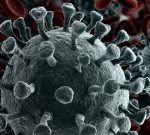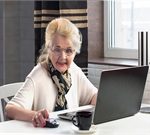
After a period of improvement, U.S. kids are eating as much fast food as they were in the early 2000s, new government figures show. Researchers found that between 2003 and 2010, there was a decline in U.S. kids’ intake of fast-food calories — dipping from an average of 14% of daily calories, to just under 11%. The positive trend was short-lived, however. By 2018, that figure was back up to 14%. The study, by the U.S. National Center for Health Statistics (NCHS), did not go into the underlying reasons. But other research gives some clues as to what could be driving the reversal. One possibility is that social media and “digital marketing” have a role, according to Frances Fleming-Milici, a researcher with the Rudd Center for Food Policy and Obesity at the University of Connecticut. “Fast-food companies have been pioneers in using digital marketing,” said Fleming-Milici, who was not involved in the NCHS report. Admittedly, she said, it is hard to get a handle on how often kids encounter fast-food promotions on their smartphones. But a recent Rudd study found that 70% of teens “engaged with” food and beverage brands on social media — meaning they followed the brands, or “liked” or shared their content. More than half of kids said they engaged with fast-food brands. Another Rudd study found that the percentage of parents… read on >



























-300x200.jpg)










